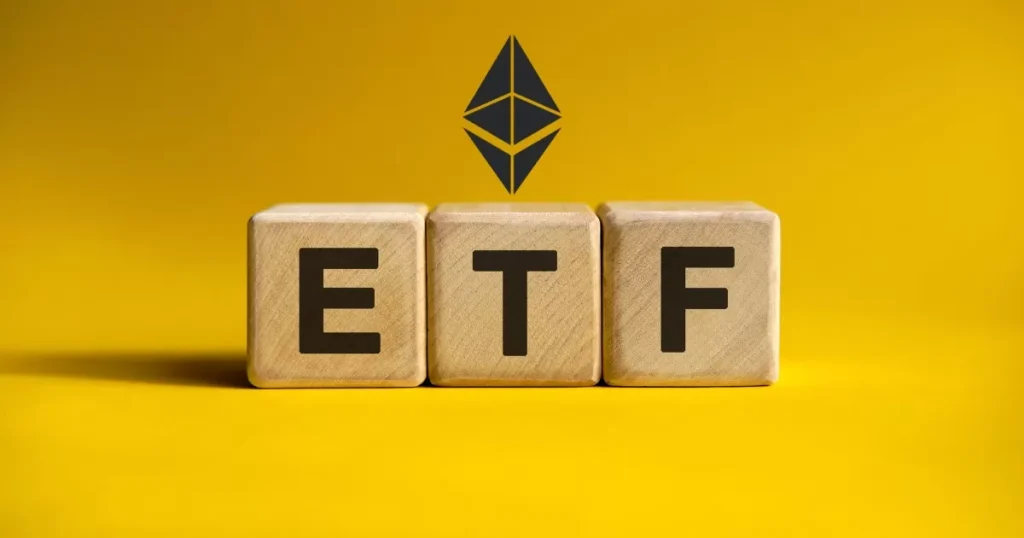To avoid regulatory issues with the U.S Securities and Exchange Commission (SEC), BlackRock, Grayscale, and Bitwise have submitted new 19b-4 forms for their spot ether ETFs. These amendments, filed on Wednesday, eliminate the provisions for staking ether in particular. Staking, a way to make money by holding cryptocurrencies without owning them, was recognized as a potential regulatory issue.
“No action shall be taken by the Trust, the Sponsor, the Ether Custodian [. .. ] or any other person associated with the Trust where any part of the Trust’s ETH becomes exposed to Ethereum proof-of-stake validation or is used to earn further ETH or income or any other earnings” the blacked-out part of the BlackRock filing said.
The Consequences of Elimination of Staking Provisions
Staking refers to the process of depositing specific cryptos for a certain period to contribute to the functionality of the blockchain network, in exchange for gains. By Thursday, ether staking yields were slightly less than 3% on an annualized basis, according to Lido, one of the most widely used staking services. Although it has some financial advantages, the provision for staking was a major regulatory concern, forcing all ether ETF applicants to revise their applications.
On Monday, Fidelity submitted its revised S-1 forms, which no longer included information about its staking plans. In a similar fashion, VanEck, Franklin Templeton, Invesco Galaxy, and ARK 21Shares also made similar changes. Hashdex remains the only issuer yet to file an amendment to its Ethereum ETF proposal.
Market Reactions and Future Prospects
Some people have seen this as a positive sign as the Depository Trust and Clearing Corporation (DTCC) has already included VanEck’s Ether ETF under the ticker ETHV on its site. This has been described by market observers as a radical switch of stance by the SEC, which until recently was seen as unlikely to endorse an ether ETF.
According to Bloomberg’s Eric Balchunas and James Seyffart, the probability of approval was raised to 75% from 25% earlier in the week, which triggered the market’s reaction. Ether rose by more than 17%, while bitcoin returned to the $71,000 level for the first time since April 1. “The problem was political, the decision was made from above, probably Biden” Seyffart said in an interview with Unchained.
In particular, the market expects the SEC’s decision on the amended proposals next Thursday, which may bring about significant changes in the crypto market depending on the regulator’s decision.


